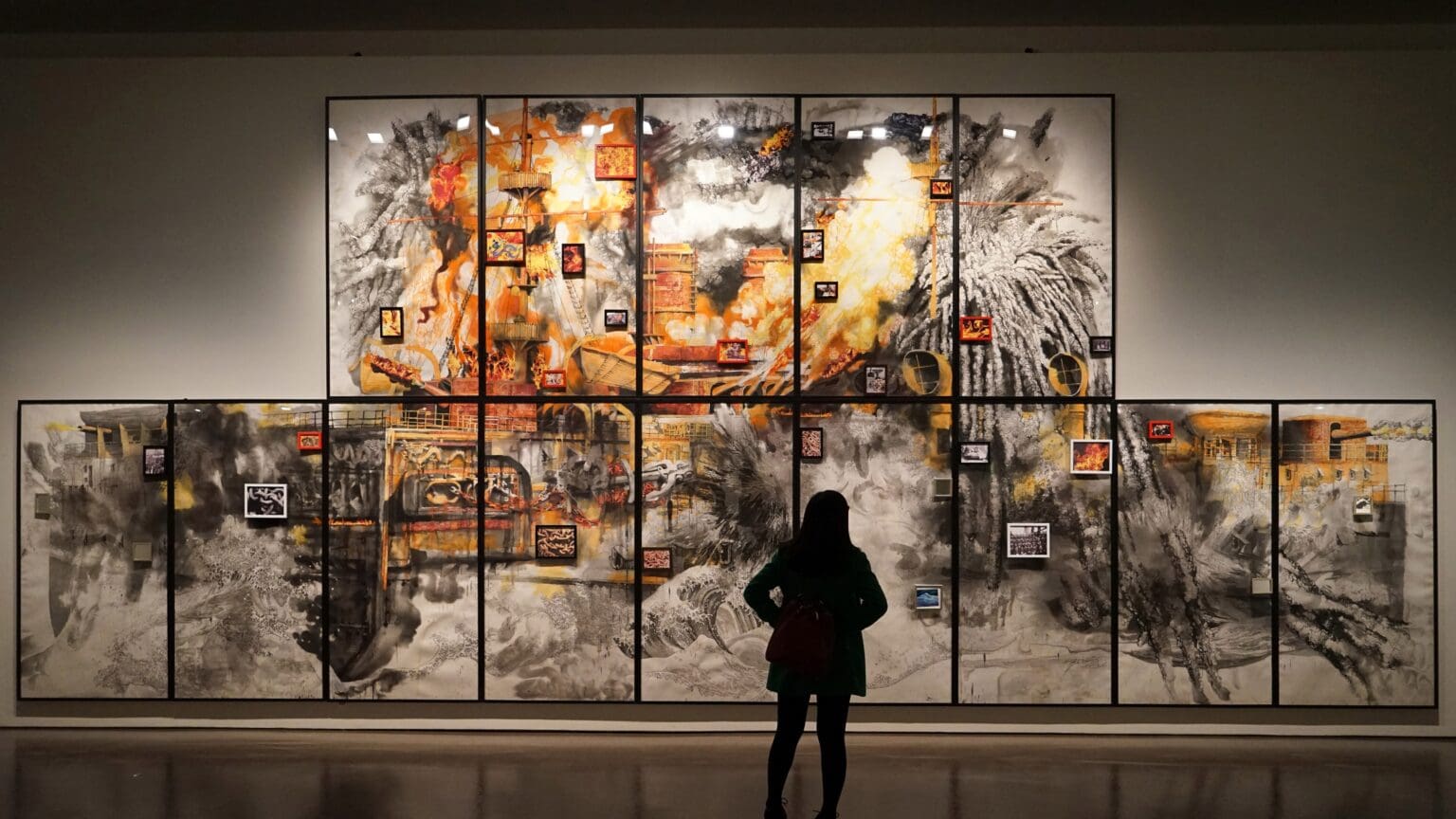
The material compiled from emerging artists of the Y generation highlights one of the most defining artistic trends of recent years, the post-digital movement.
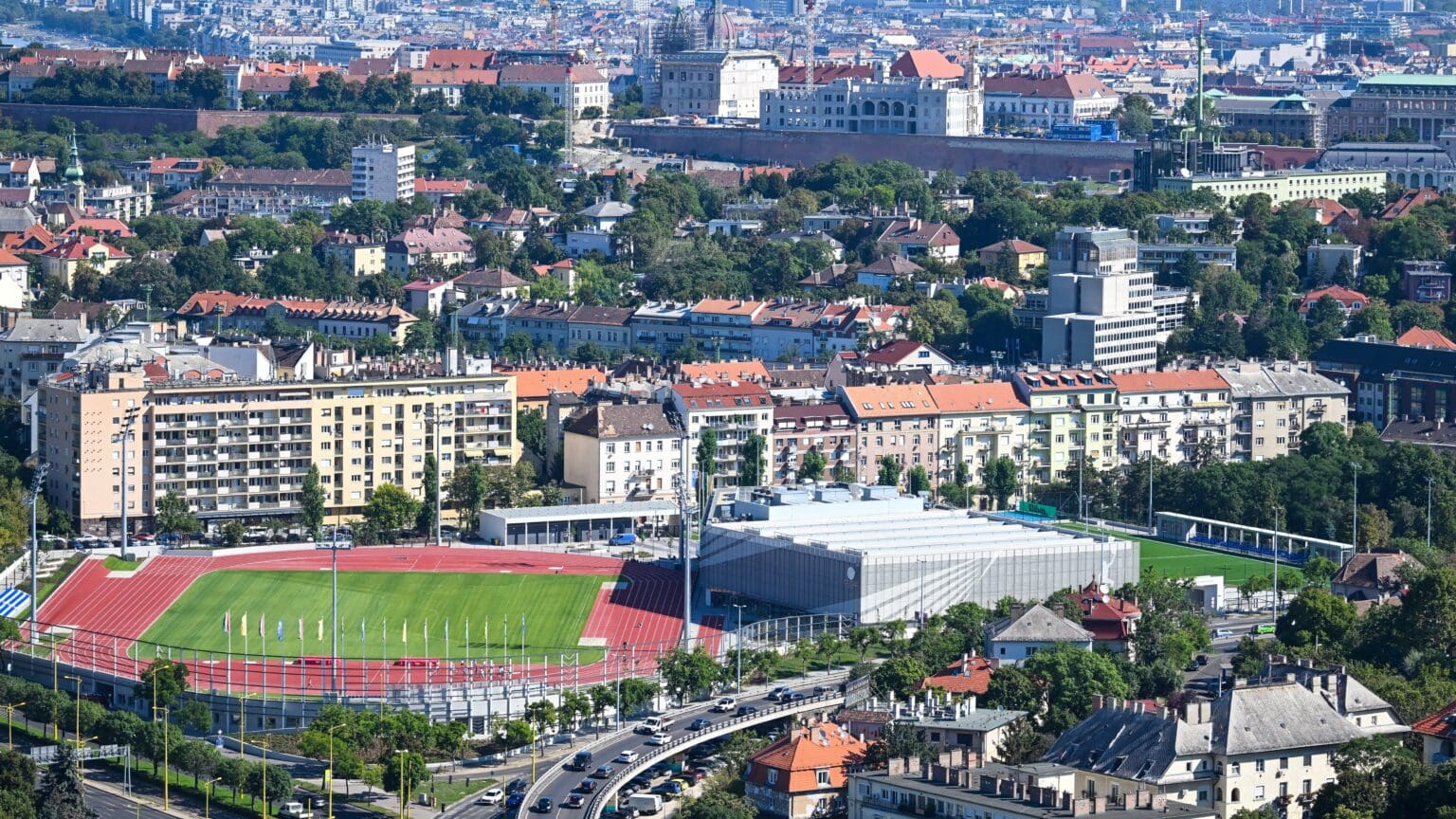
The Hungarian Olympic Committee hopes that through educators participating in the training, thousands of students will become familiar with Olympic values such as excellence, respect, and friendship, and eventually become active supporters of the Olympic movement by following the same set of values.

Mayor László Papp reminded that, in line with the new environmental policies launched in 2019, economic development in Debrecen must take place in a sustainable and environmentally conscious manner.
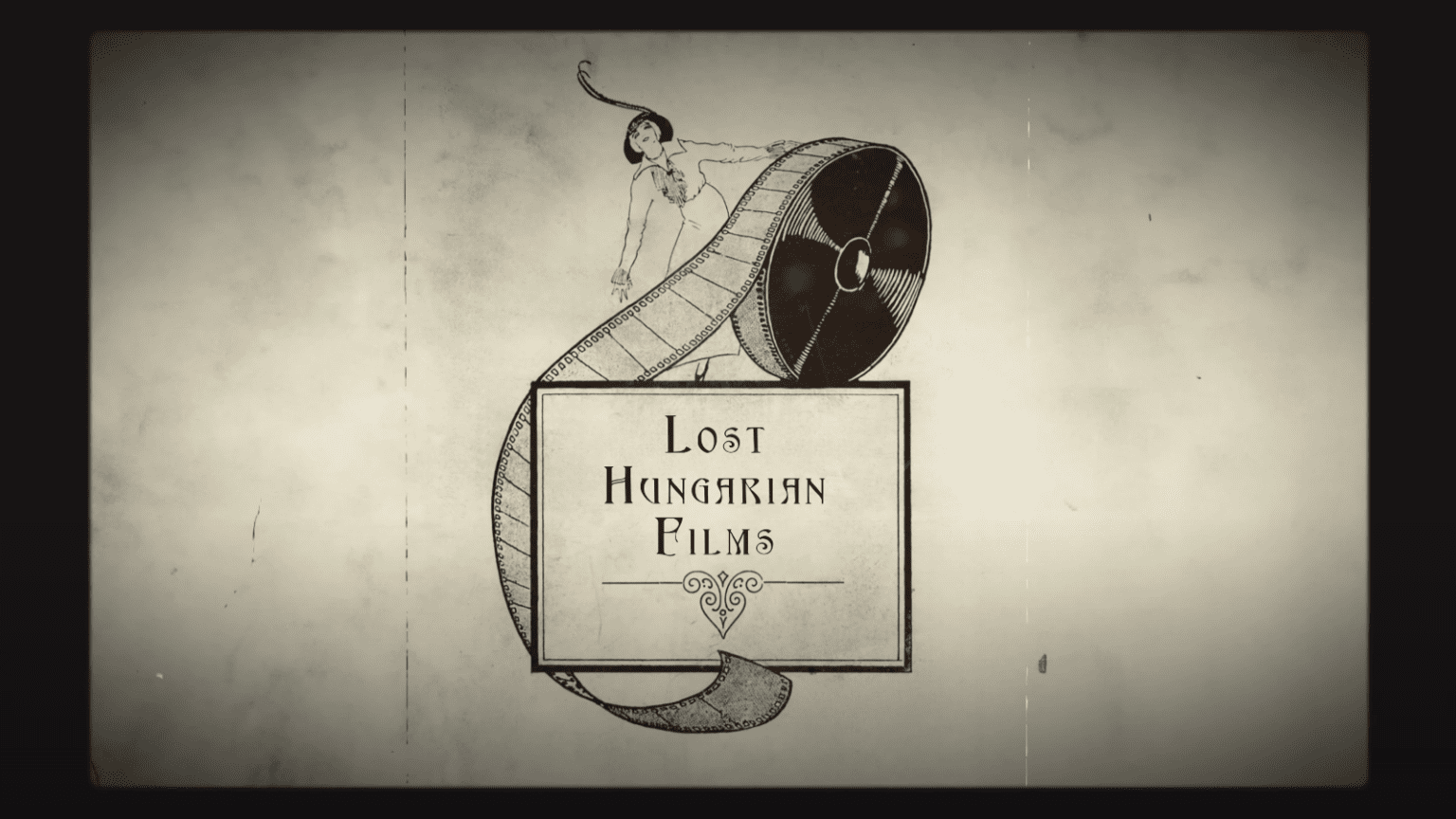
The fifteen-minute documentary focuses on the early challenges of Hungarian cinema history, including the flammability of nitro celluloid film reels, which resulted in numerous tragic fires during the silent film era.

In the first days of February, nearly a hundred specimens of various species and varieties of orchids from the garden’s orchid collection are blooming simultaneously. These can be thoroughly explored during guided tours starting after prior registration, this Sunday and then on 24 February.
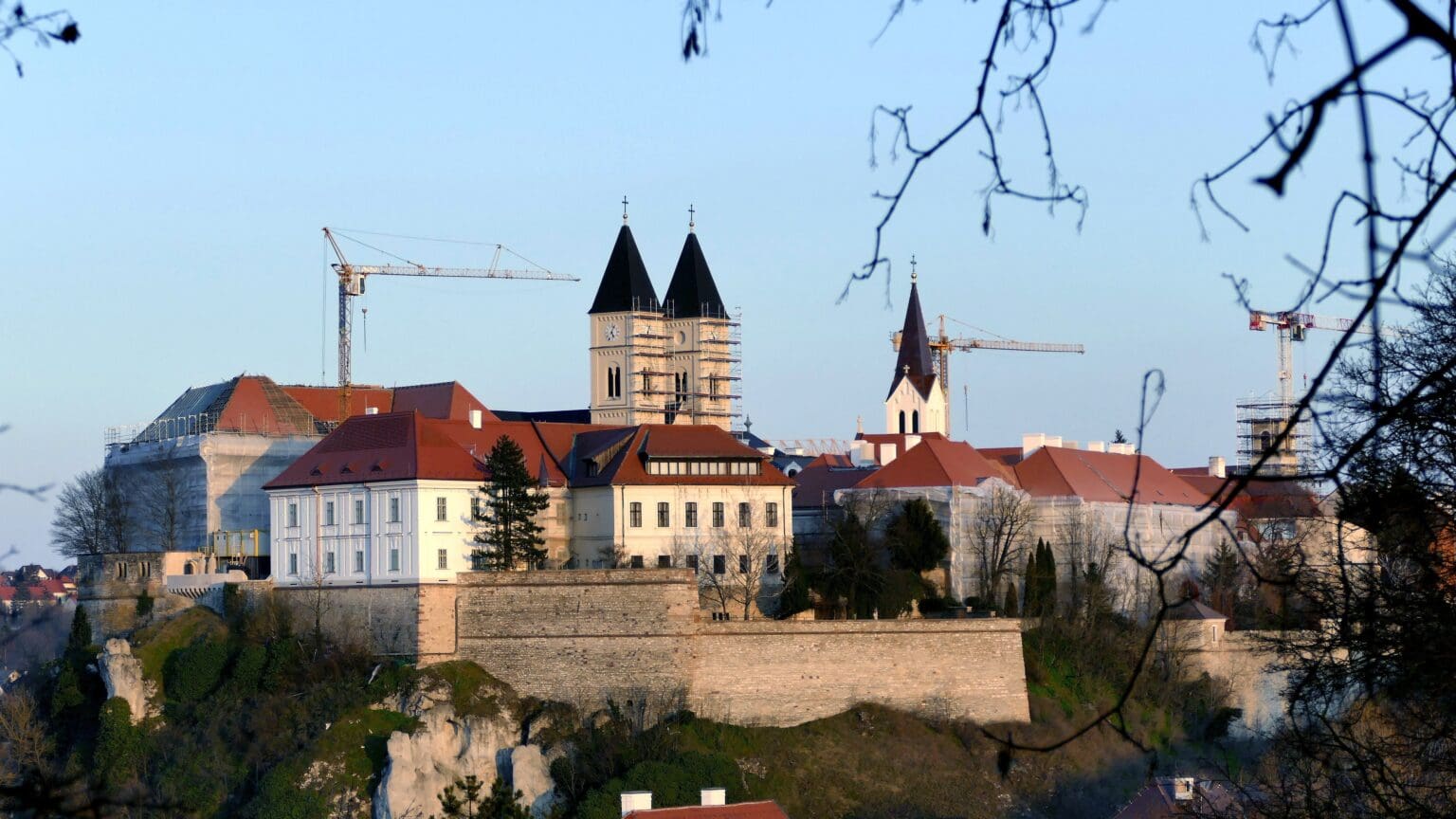
According to the announcement, during restoration work in the Veszprém Castle, a painting showing the Evangelist Luke was found in the St Emeric Church, while a figure depicting an Austrian soldier was discovered in the Tejfalusy House, a building that previously functioned as a canonry.
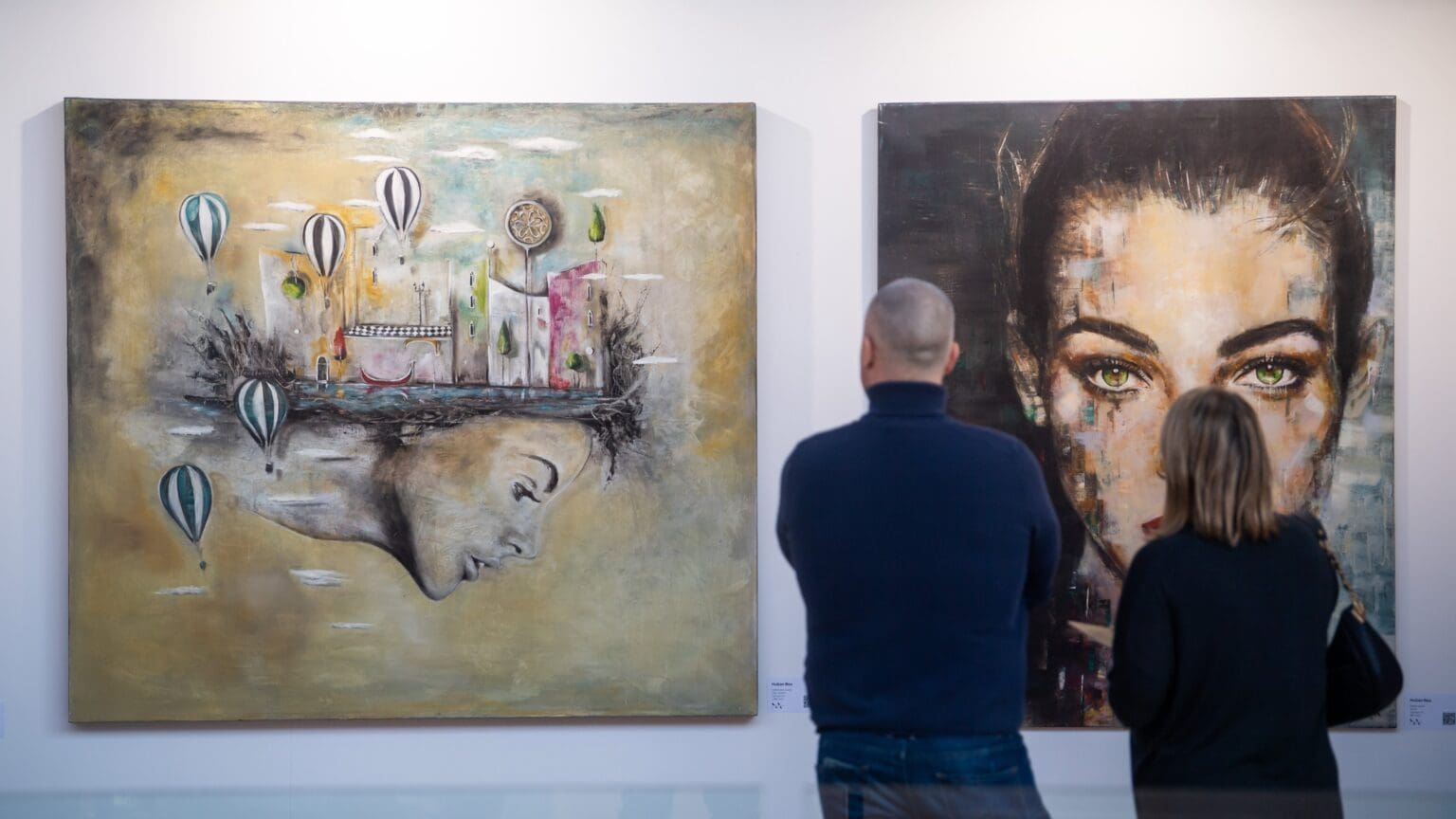
The event also hosts an online charity auction, with proceeds this year benefiting the Opera House Ballet Students Foundation.
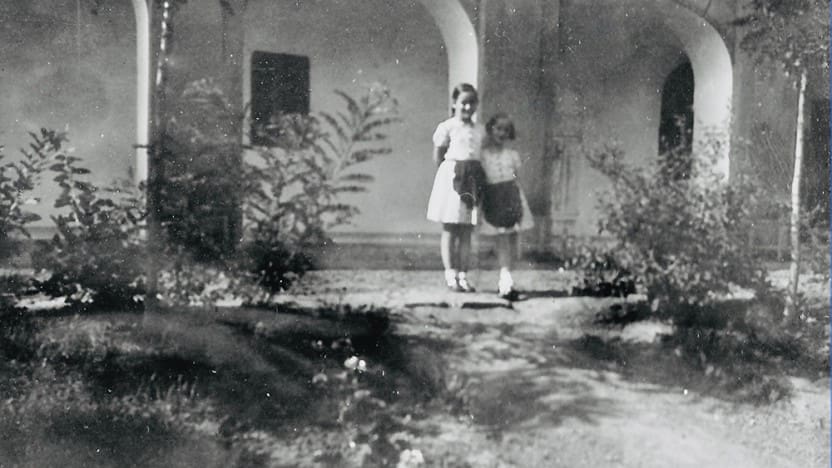
Here in Hungary, few people know the name of Baroness Éva Kohner, but in professional circles, she is well known, as her work, particularly her research on the effects of diabetes on the eye, is internationally outstanding.

The Hungarian athlete earned Hungary’s first gold in open water swimming at the Doha World Championships.
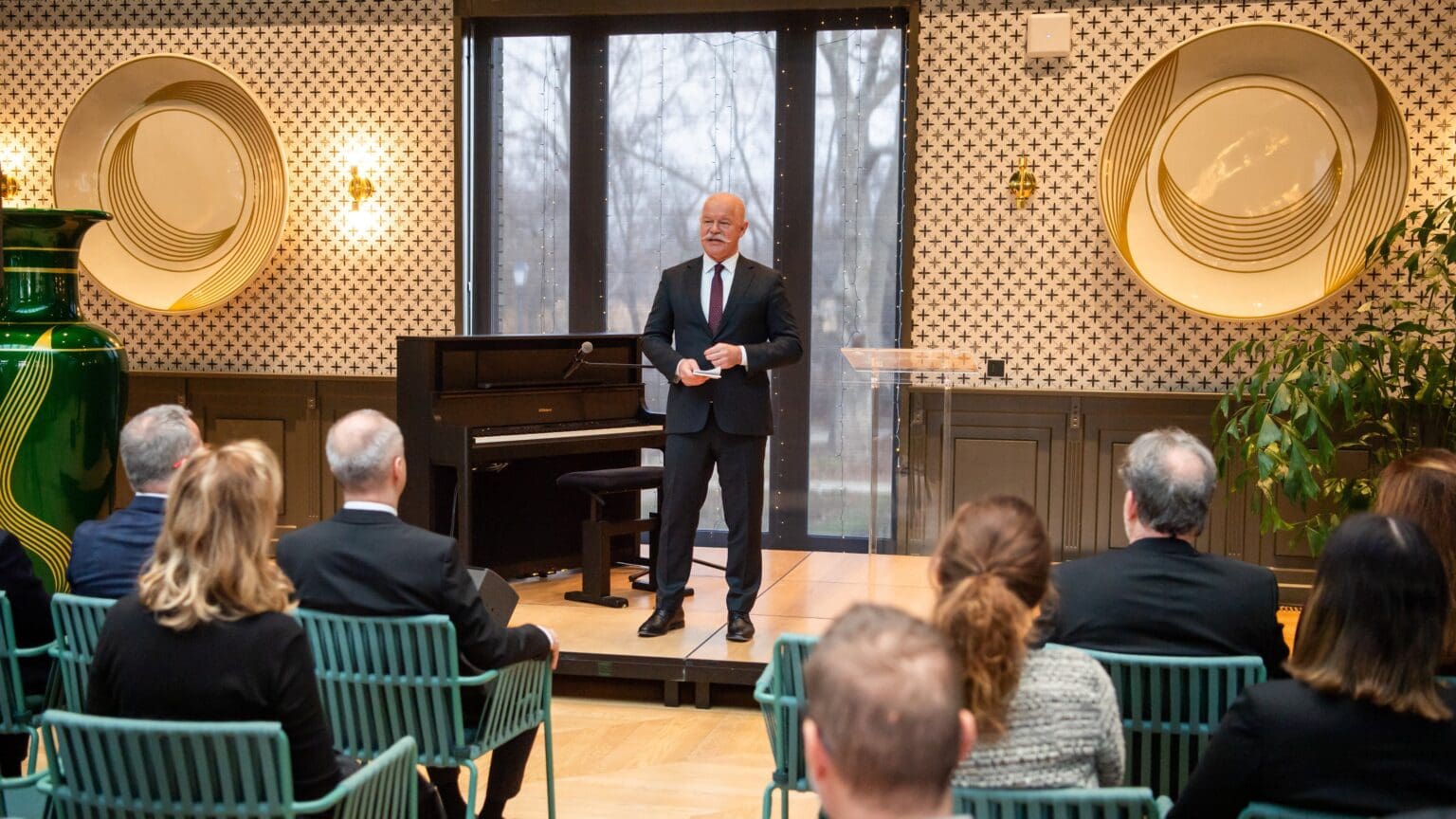
The National Museum of Photography, opening in 2025, will include over a thousand square metres of exhibition space, a specialized library, museum educational workshops, and professional events.
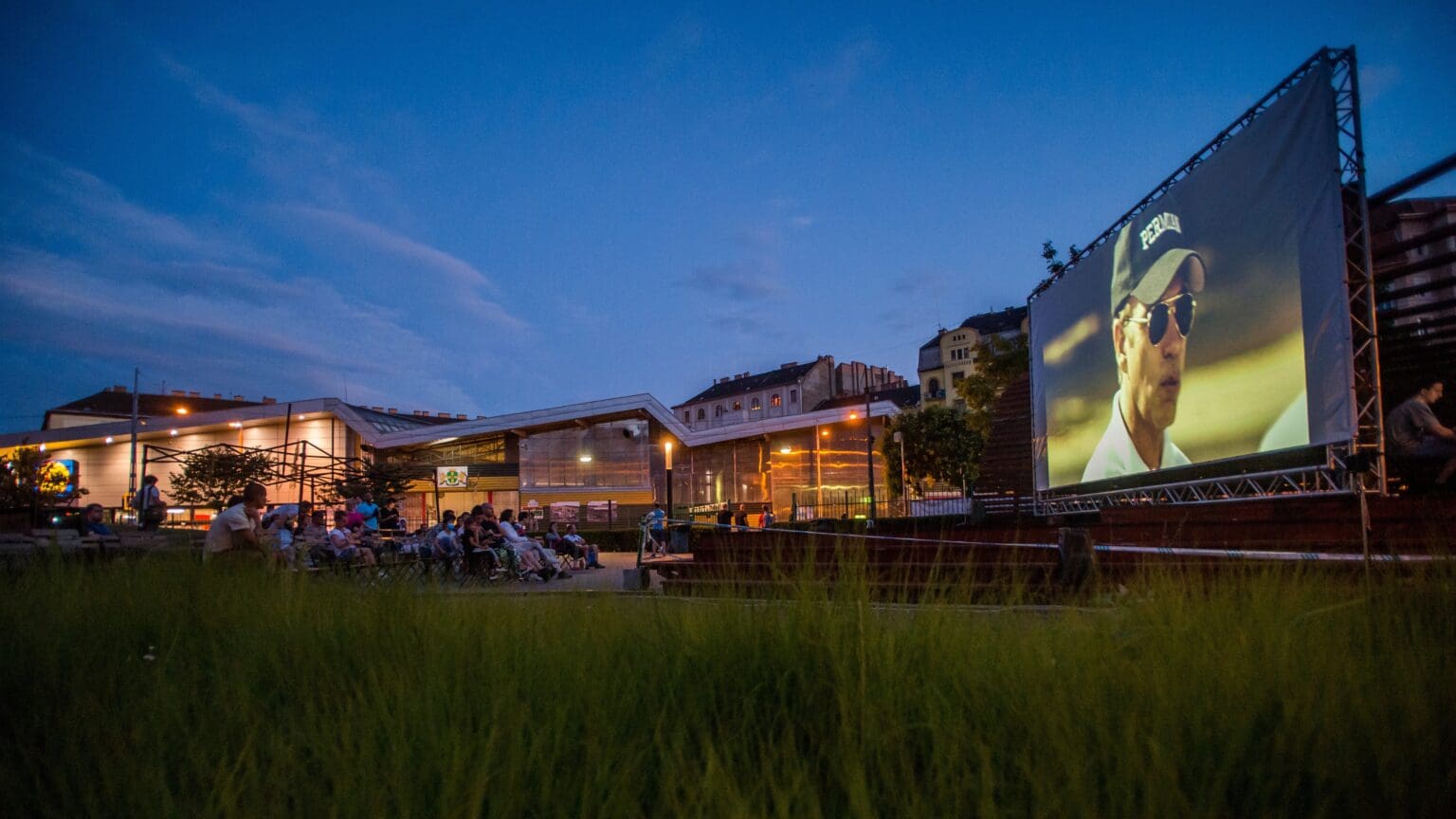
Despite the surge in online streaming services, the study emphasizes, it is premature to underestimate the significance of films screened in theatres. In 2023, film distributors in Hungary reported a successful year with ticket revenues reaching nearly 22 billion forints and a total audience exceeding ten million. In Hungary, the study reveals that on an average Saturday evening between 8 and 10pm, over four million people tune in to television, with nearly three million supporting various musical talent shows.
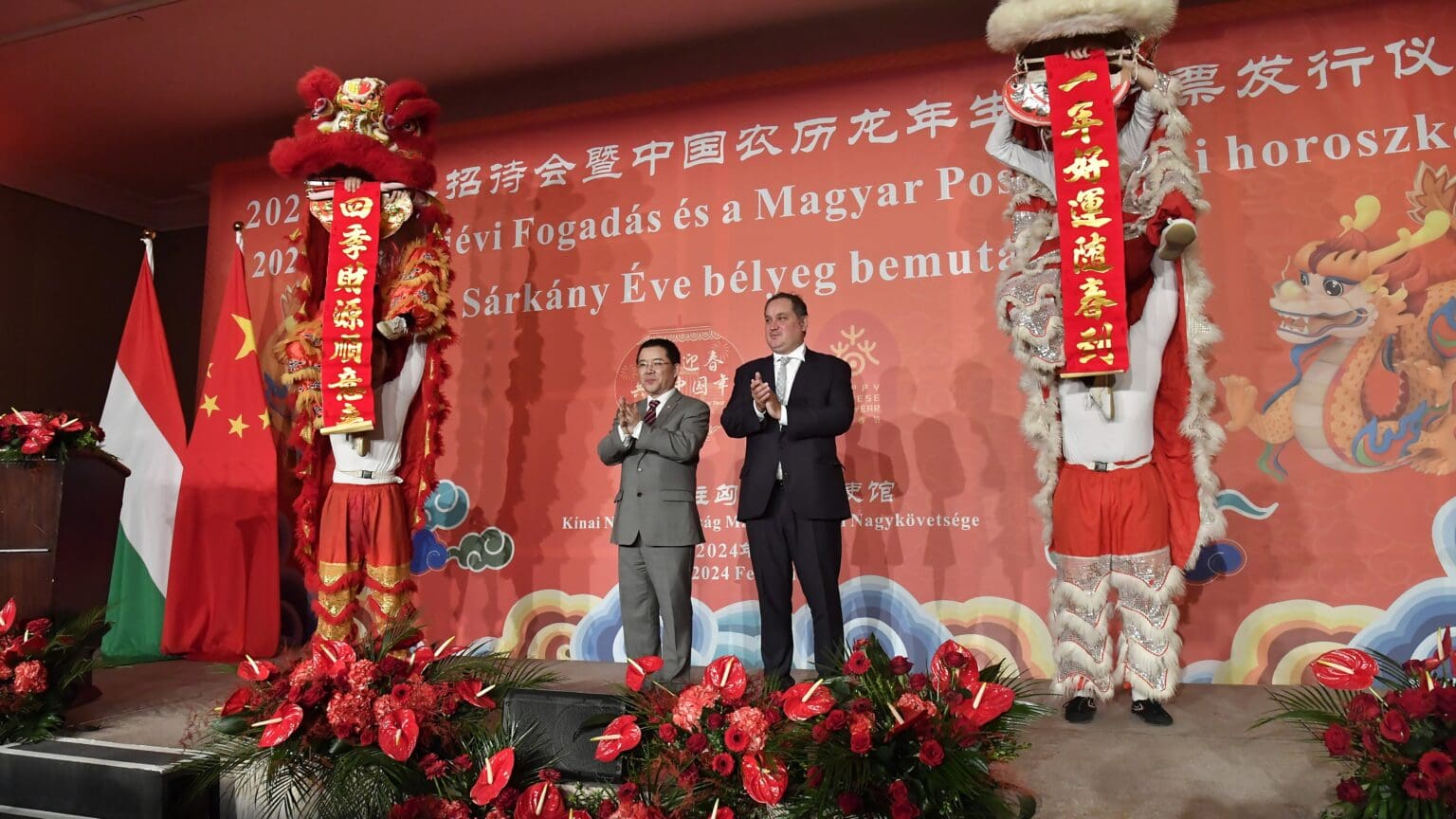
The Hungarian Post issued its eleventh stamp series featuring motifs from the Chinese horoscope, celebrating the upcoming Year of the Dragon, which commences on 10 February.
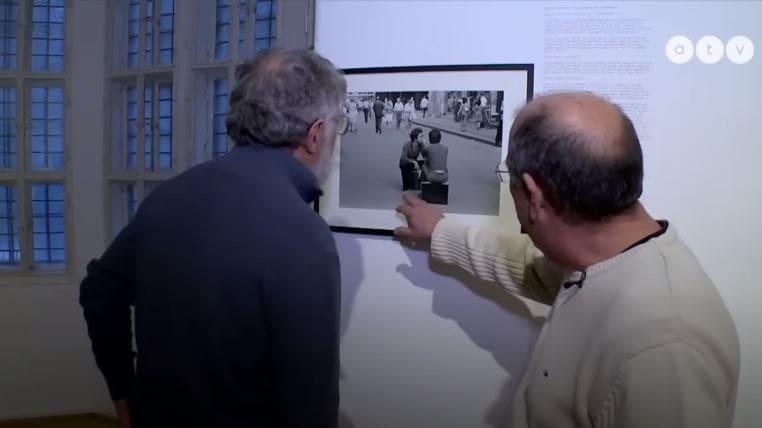
Sándor Kereki took these intriguing photos as a teenager, and they remained unpublished for decades.
At a recent Rubicon Institute conference in Budapest, historians and Middle East experts attempted to shed light on the complexities of the Arab–Israeli conflict and its regional and international contexts.
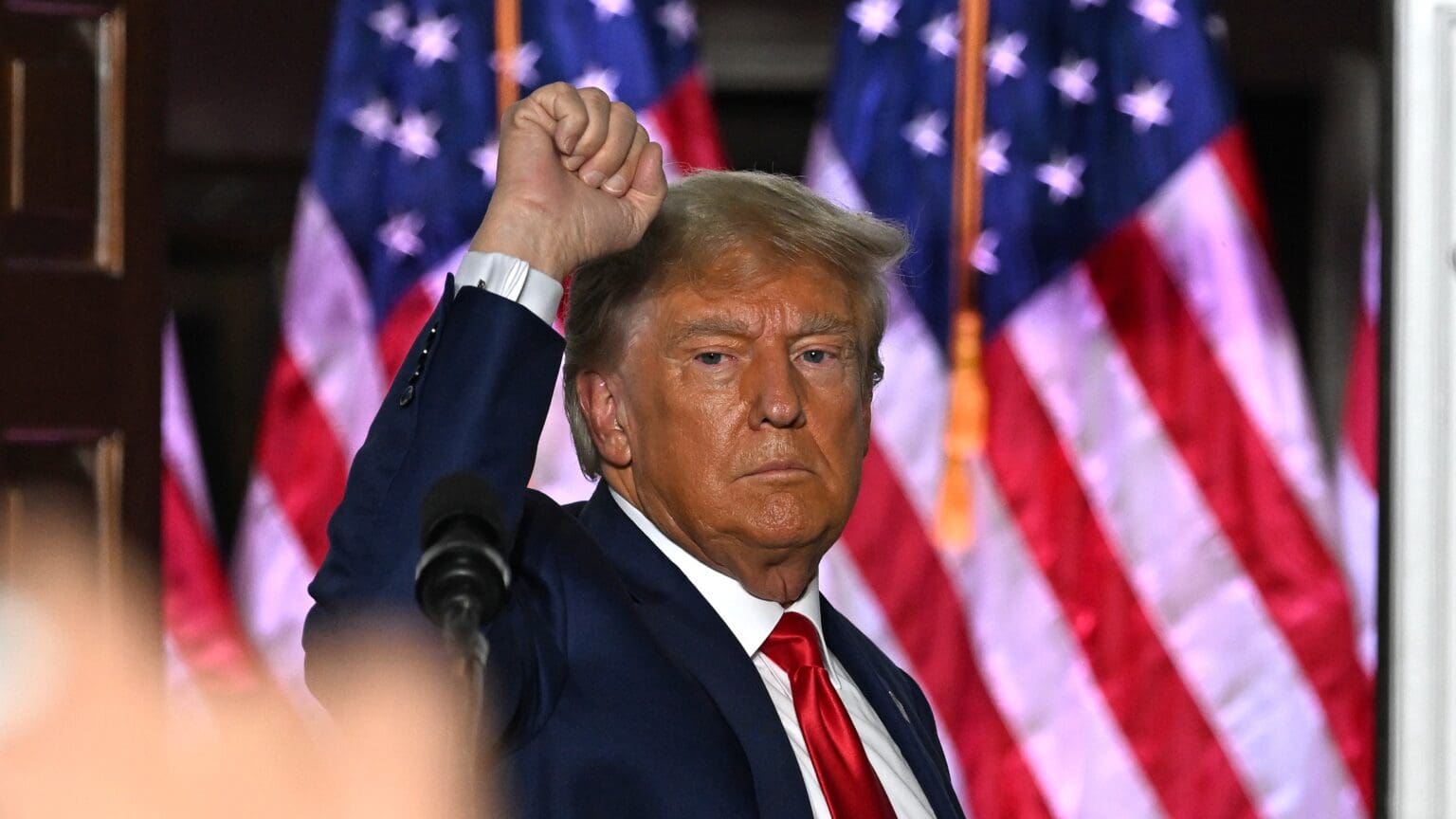
The columnist argues that, despite the best efforts of the liberal elite in the media to convince them otherwise, Americans widely disapprove of President Biden’s economic and immigration policies, which he is confident will be enough to propel President Trump to victory in the autumn.

Representatives from Milan’s Spazio 38 showroom and the Polish Modivo, the Swiss Hay Hay brand, the owner of Athens’ Passion Alley boutique, as well as the founders of the White Milano trade show, attended the fashion shows, expressing interest in Hungarian brands.

Hungary will be playing Türkiye, Kosovo, Ireland, and Malta in preparation for Euro 2024 in Germany.
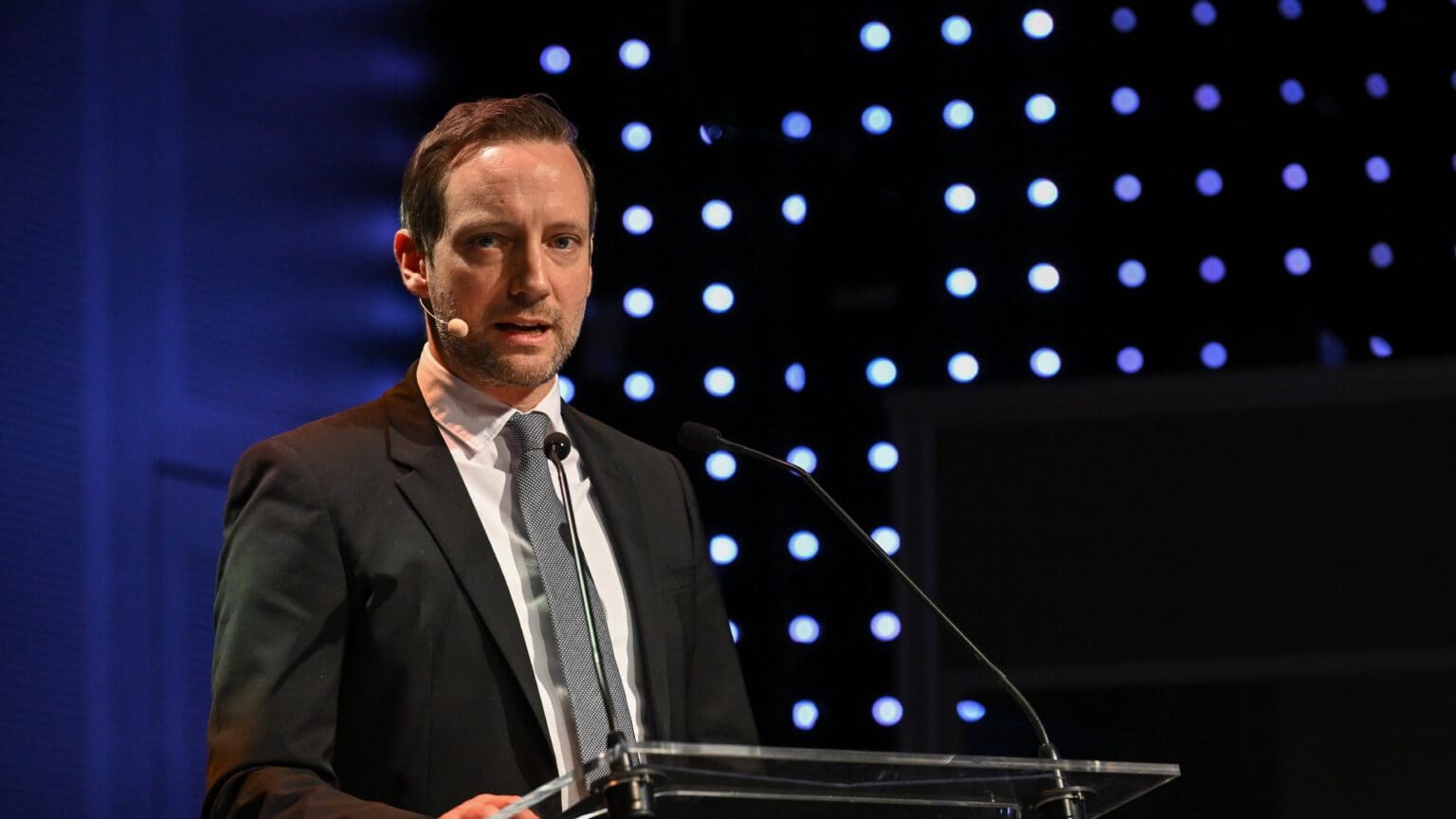
According to Tristan Azbej, the state secretary in charge of programmes aiding persecuted Christians, the fact that the Hungarian Embassy was the host of the opening of the major international conference is not only an opportunity but also recognition of the work carried out by the Hungarian government and Hungary in this field.
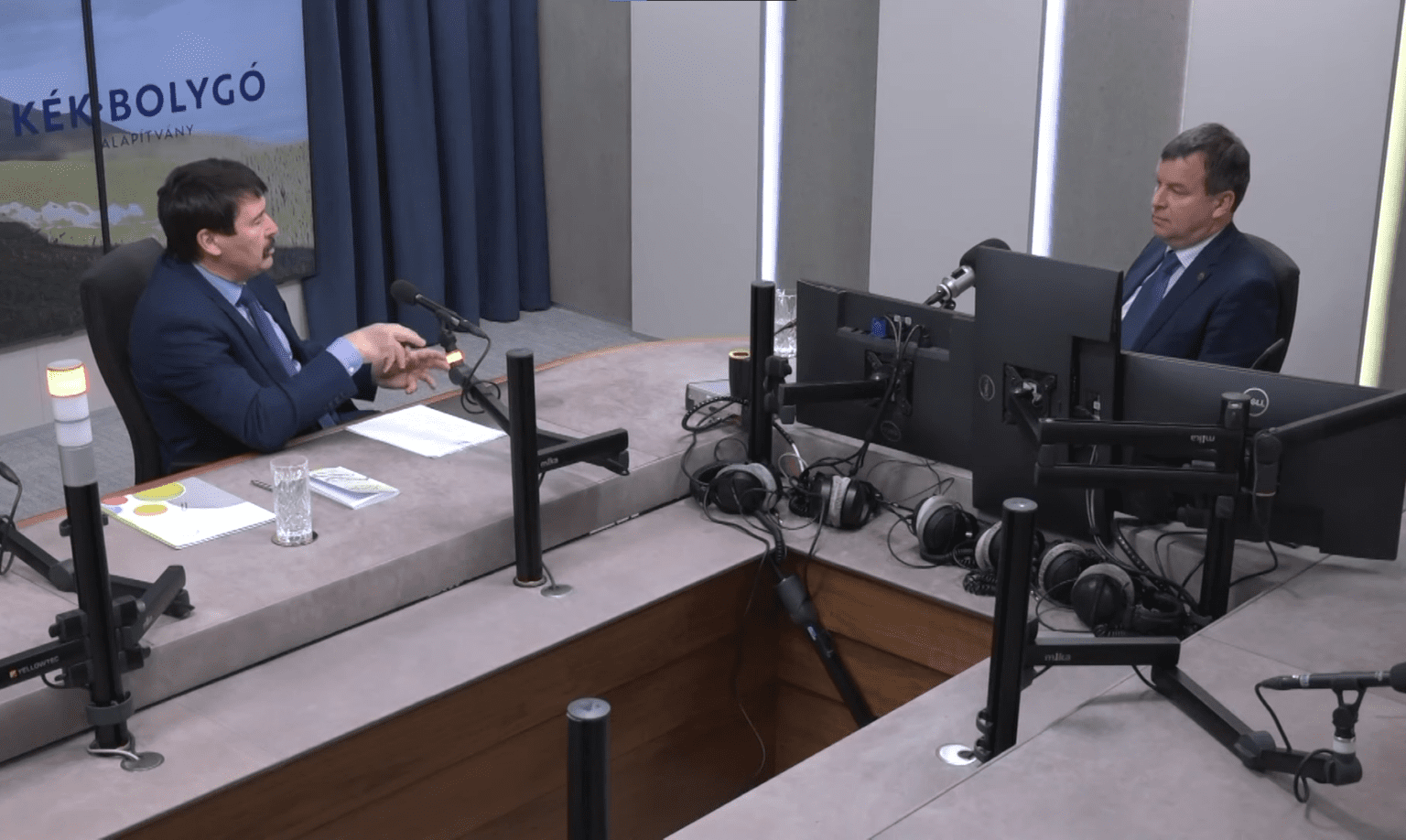
Professor András Gelencsér reminded that fossil fuel emissions have continuously increased since the Paris climate accord, except during the COVID period. Regarding the utilization of solar and wind energy, dependent on environmental conditions, Gelencsér stated that the world cannot function without stable electricity production, which requires the use of fossil raw materials or nuclear energy.
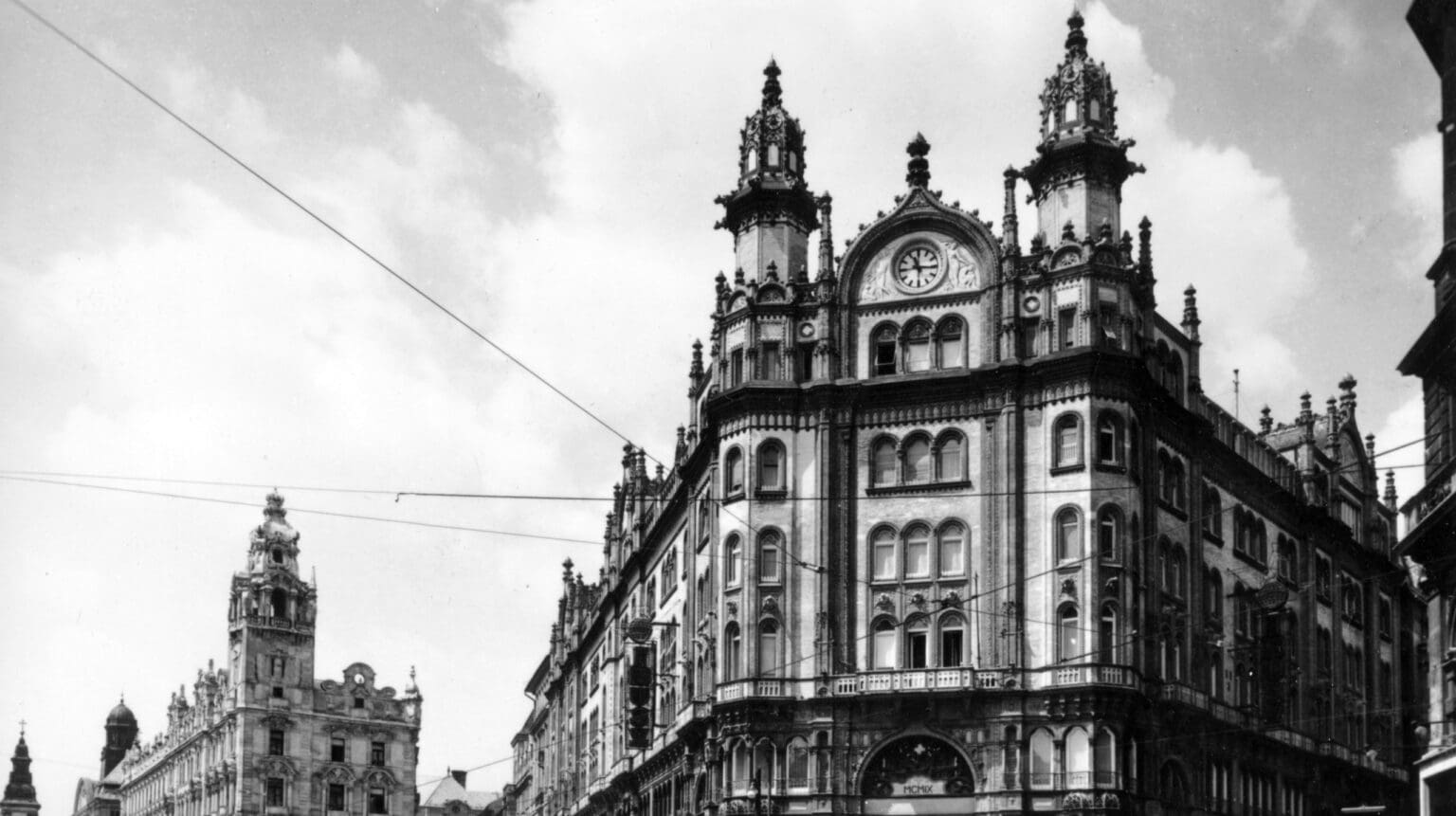
Perhaps the best-known and one of the most beautiful buildings in Ferenciek tere (Square of the Franciscans) in Budapest, the Párisi Passage, has been recently renovated and its original beauty restored. The history of the magnificent edifice dates back to the early 19th century.
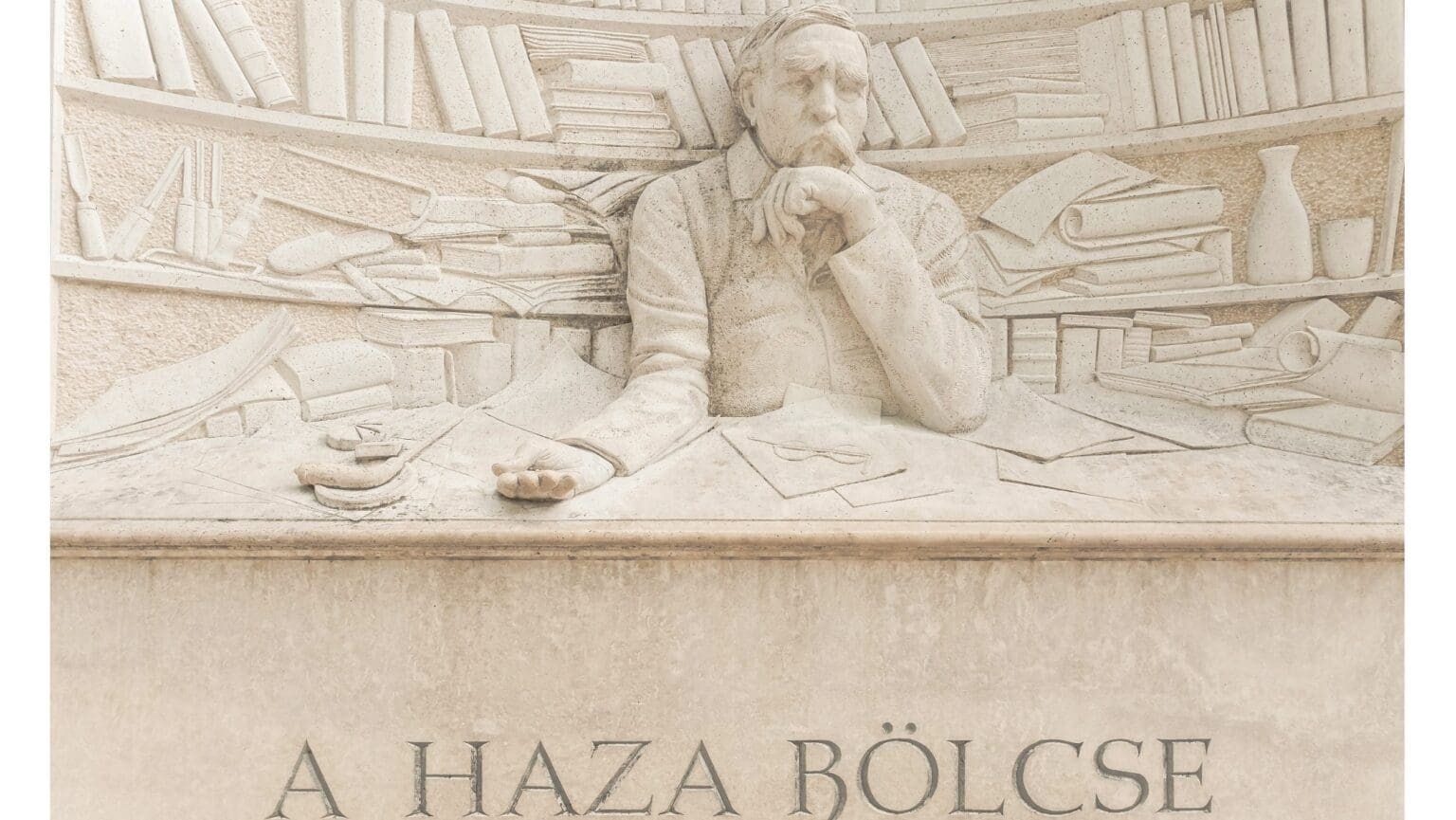
Ferenc Deák, the primary facilitator of the Austro–Hungarian Compromise of 1867, the country’s first Minister of Justice, and the namesake of so many public spaces and institutions in Hungary today, passed away 148 years ago on this day.
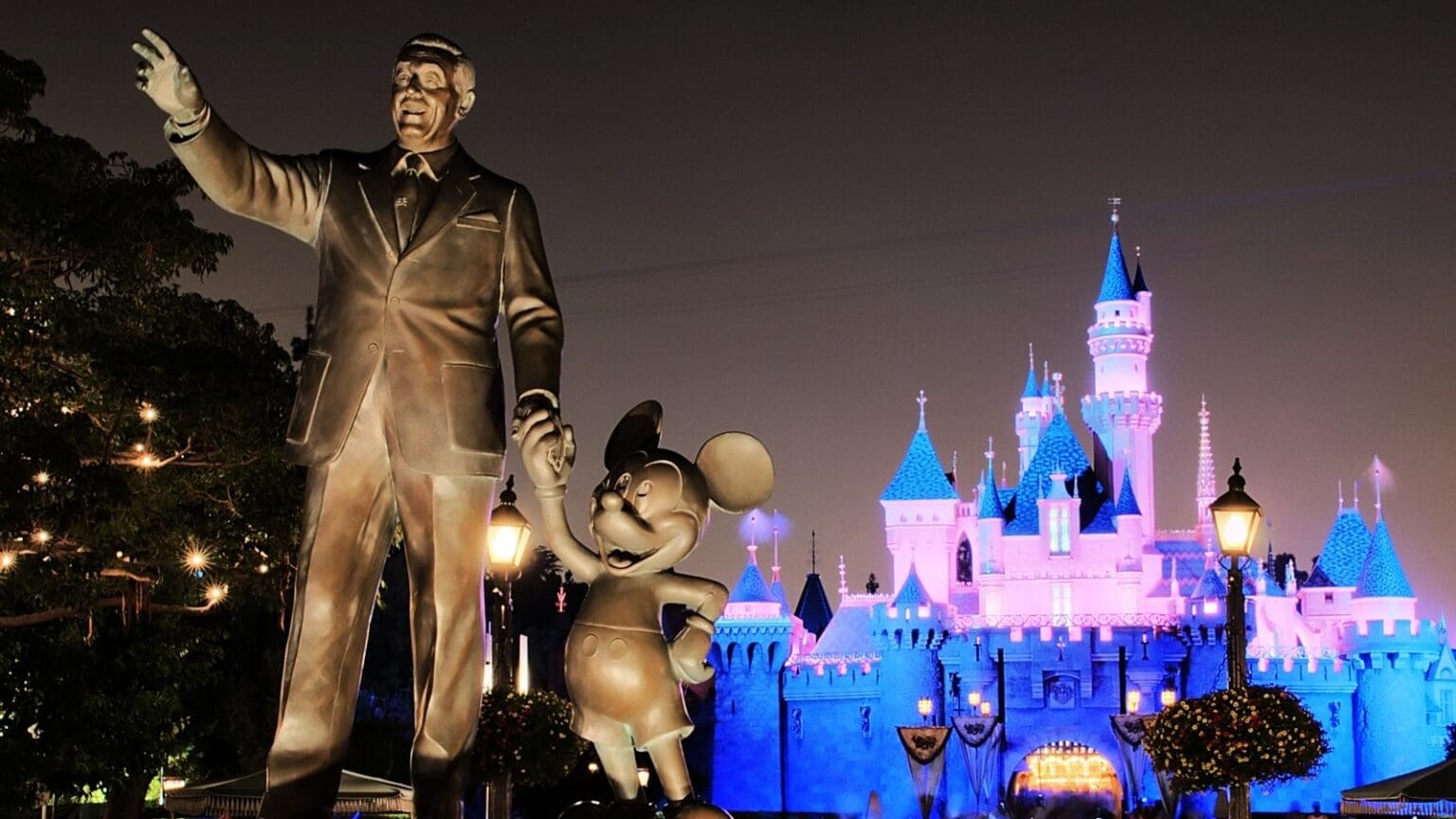
In an effort to appease the masses and break the streak of box office failures, Disney decided to add CGI dwarfs in their upcoming Snow White film after originally replacing them with a diverse group of ‘magical creatures’.
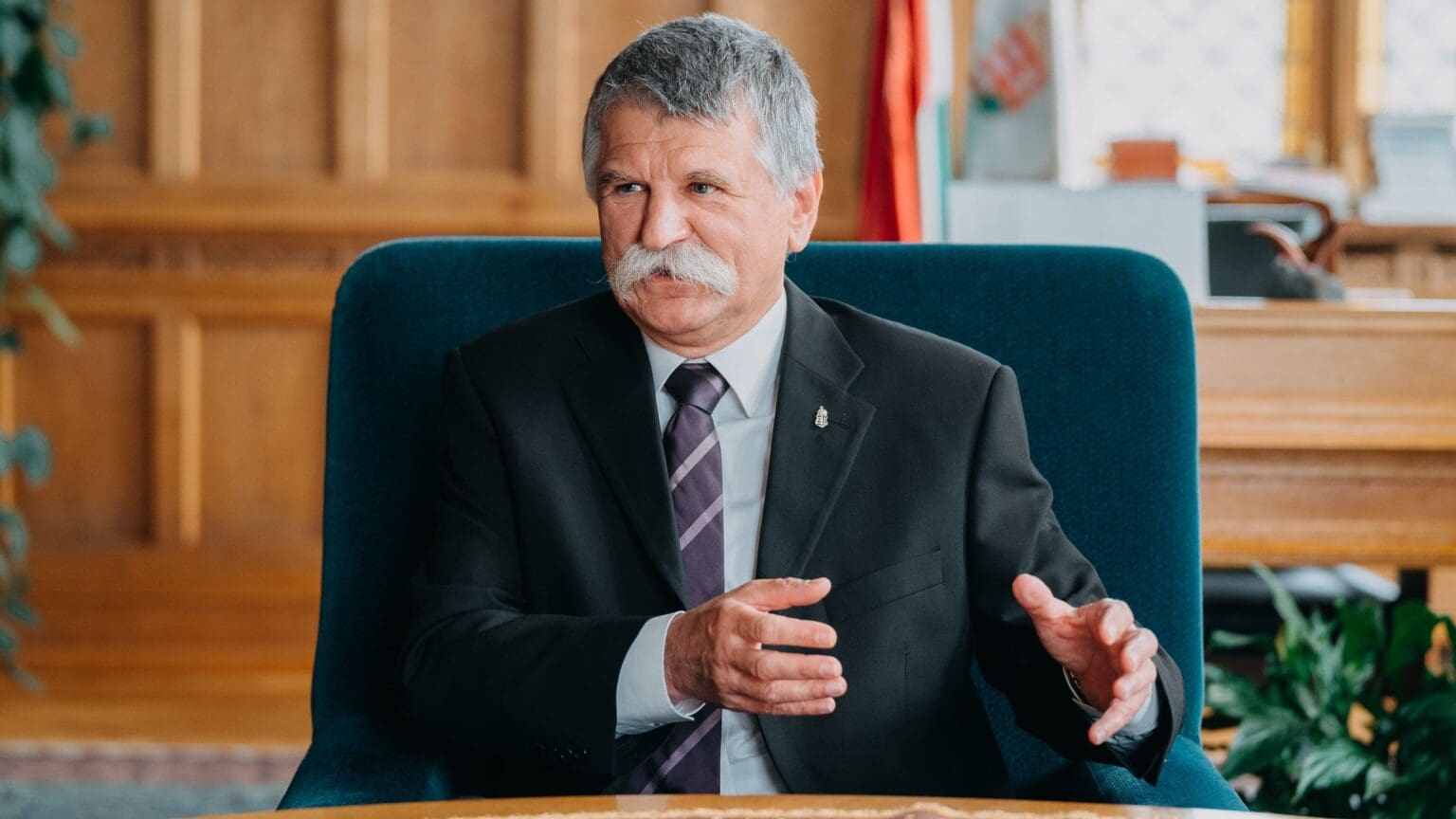
‘We are nobody’s orderly,’ Hungarian House Speaker László Kövér stated in an interview with Index, addressing the question of the Hungarian ratification of Sweden’s NATO accession.
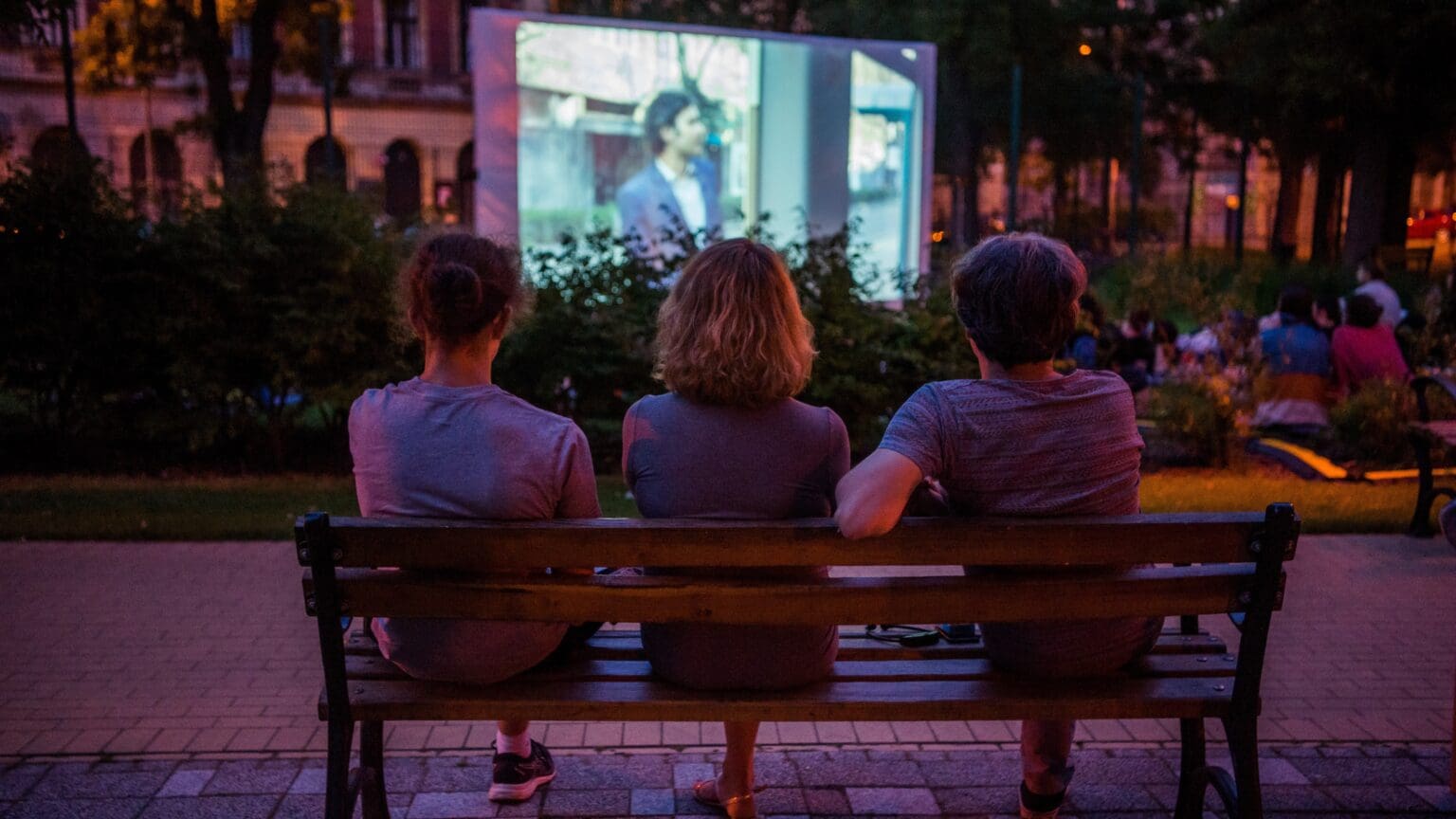
The objective of the initiative is to promote Hungarian films, foster audience engagement, and enhance the cultural and community life of rural settlements, as announced by the institute on Wednesday.
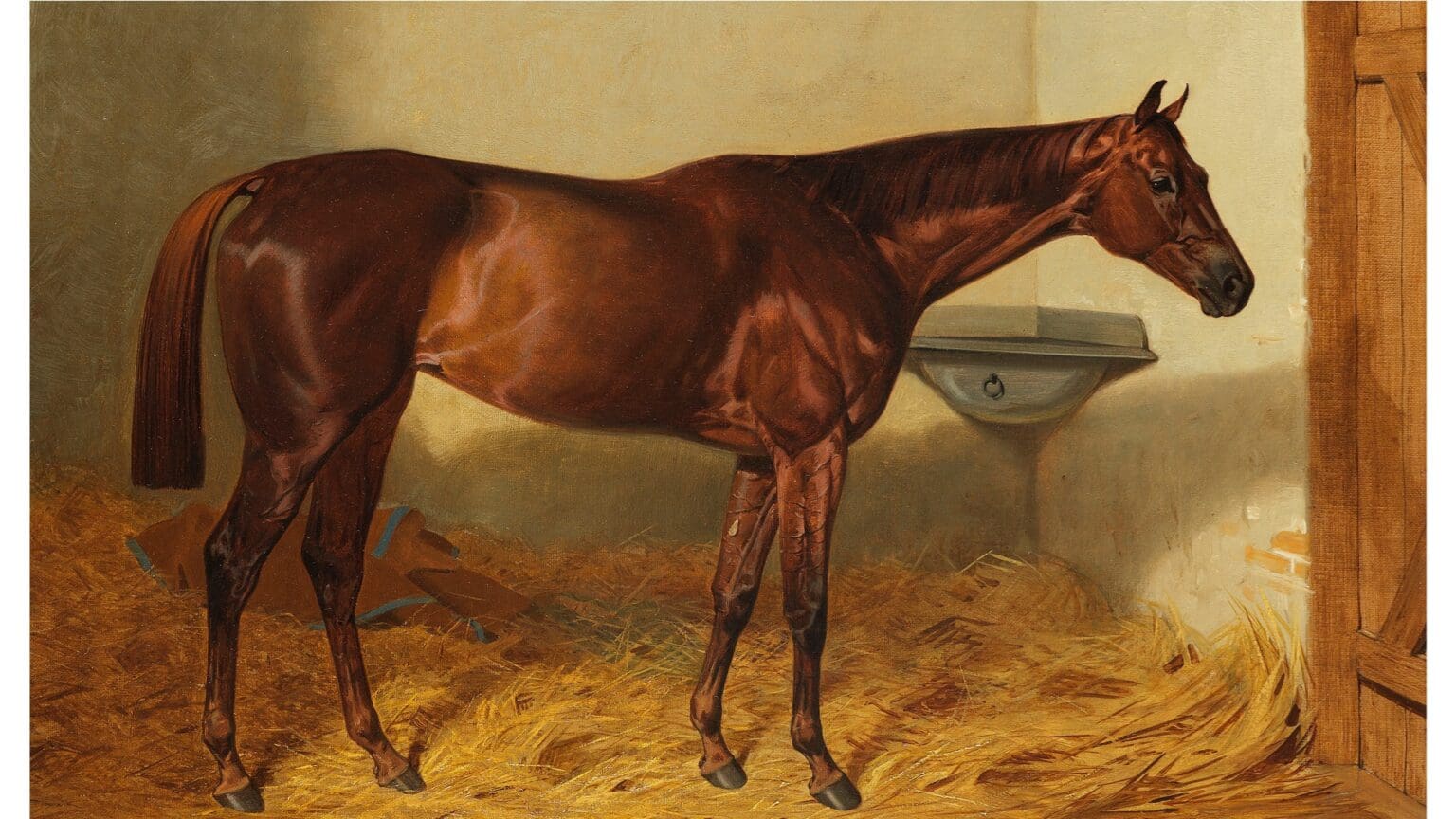
Kincsem won all 54 races she ran, a record that holds to this day. However, as a filly, she was never sold because of her plain looks—which ended up greatly benefitting her owner Ernő Blaskovich.
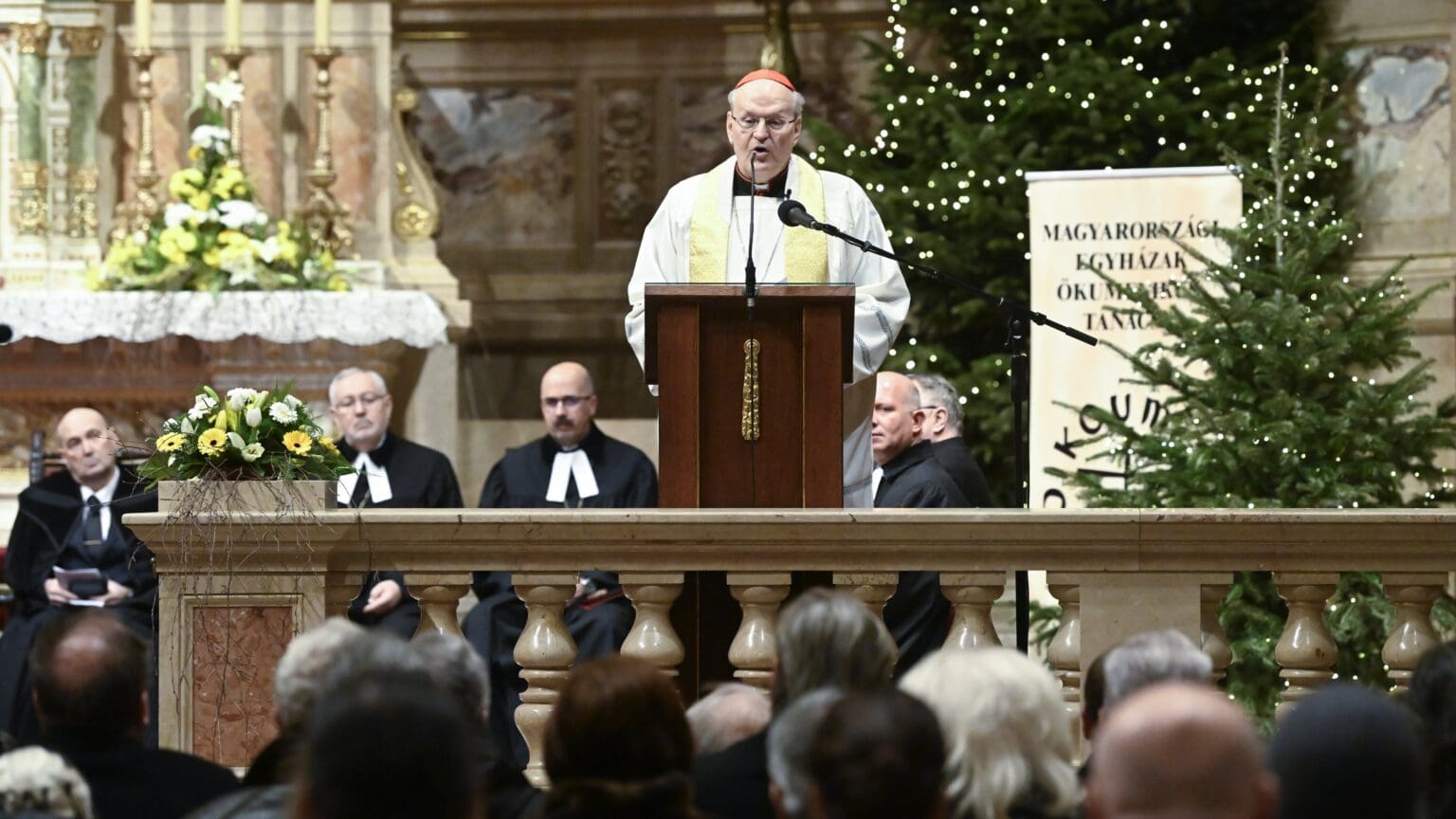
At the end of the opening worship service, participants collectively prayed for persecuted Christians. Since 2018, the opening day of the joint programme series of the Hungarian Catholic Bishops’ Conference and ECCH has also been designated as the Sunday for praying for persecuted Christians. The leaders of ECCH’s member churches participated in the liturgical service.
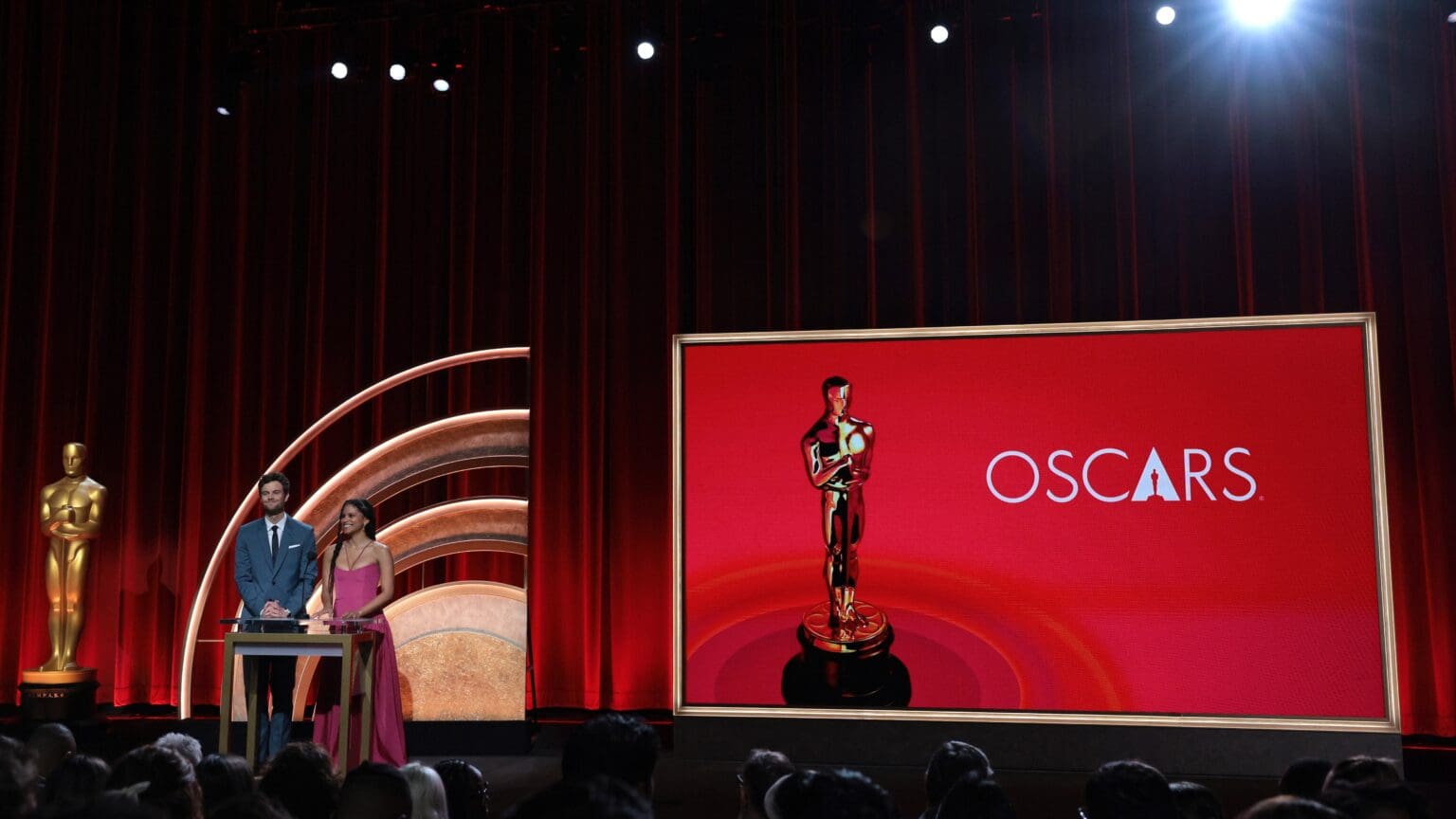
Jorgosz Lanthimos’s film Poor Things received 11 nominations, including Best Production Design. As the production designer of the film, Zsuzsa Mihalek, along with production designer James Price and Shona Heath, could potentially win the Oscar.
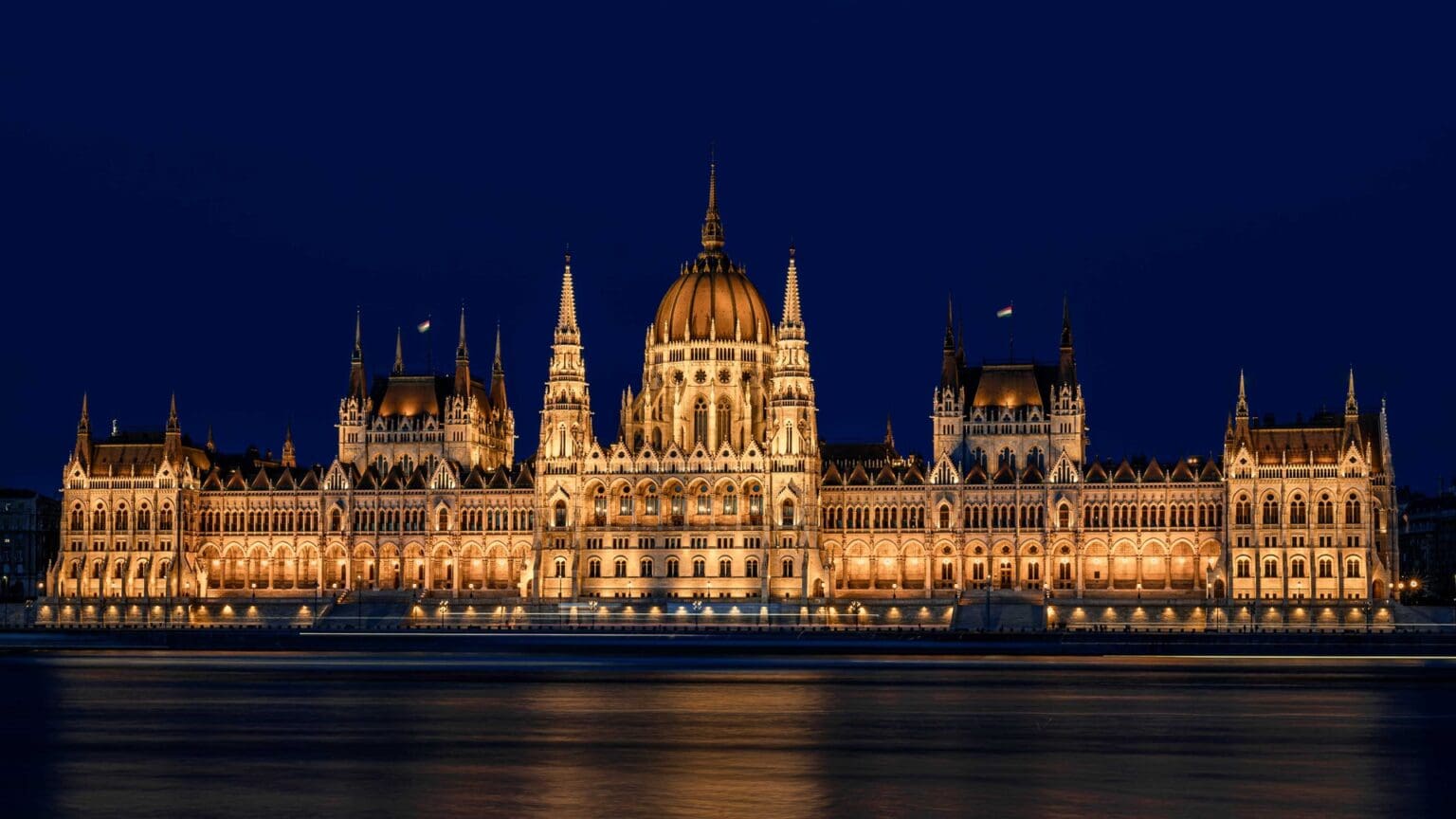
The American Conservative contributor Catesby Leigh wrote a lengthy article in the major American paper The Wall Street Journal, praising the beauty and majesty of the word-famous House of Parliament in Budapest.
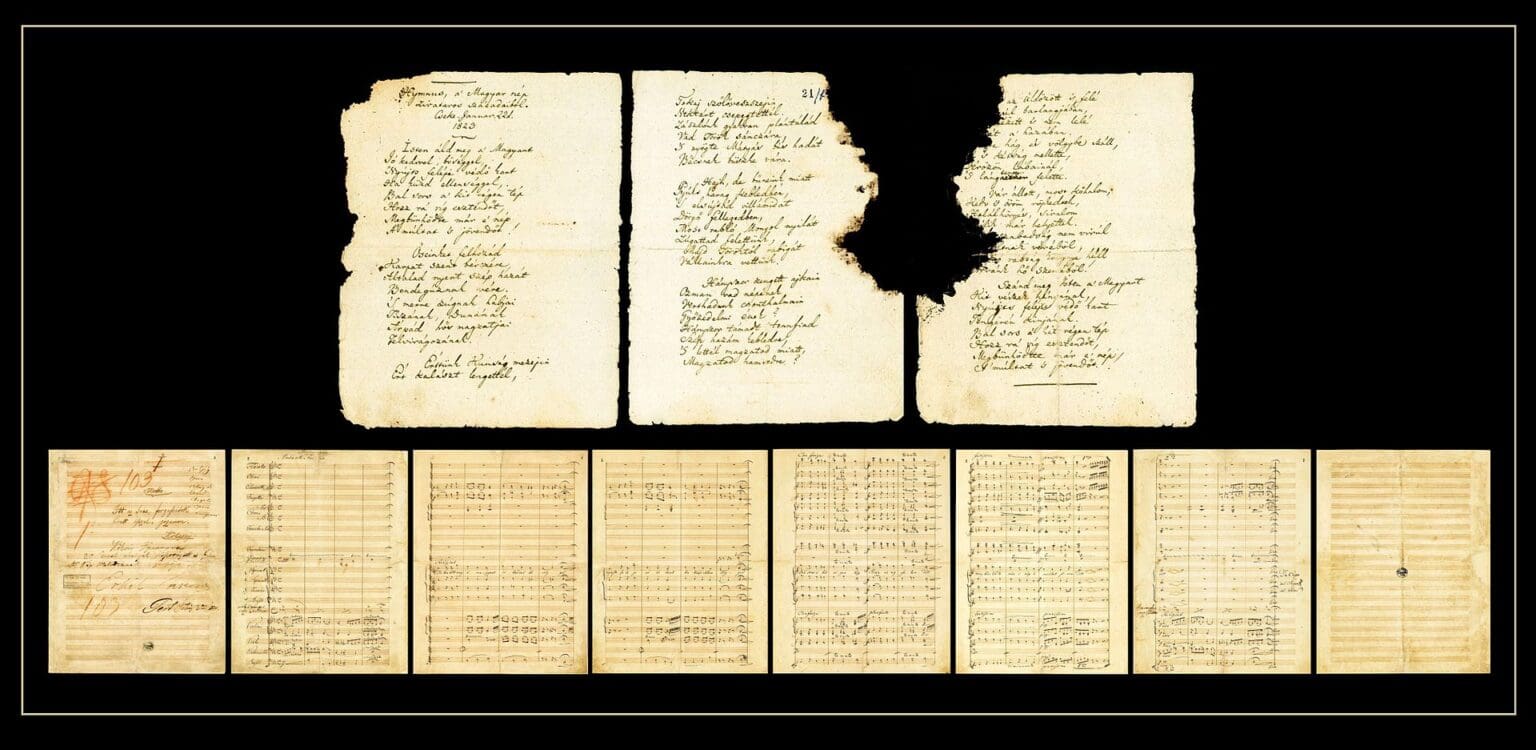
‘There is something in our national anthem that makes it mean something important and inexplicable to every Hungarian. The hallmark of great pieces of art is that the reader or listener feels as if they express something very important that they cannot. As if they speak from their heart, expressing their innermost, most sincere desires and dreams. It is this mysterious quality that Hungarians feel when listening to the National Anthem: that it really comes from our hearts, it is our prayer, the prayer of every single Hungarian to the Creator.’

The Oeconomus Economic Research Foundation released an analysis regarding publishing and cultural institutions recovering after the pandemic on the occasion of the Day of Hungarian Culture.

Hungarian Conservative is a quarterly magazine on contemporary political, philosophical and cultural issues from a conservative perspective.